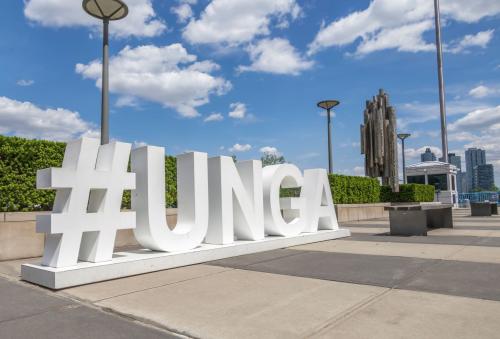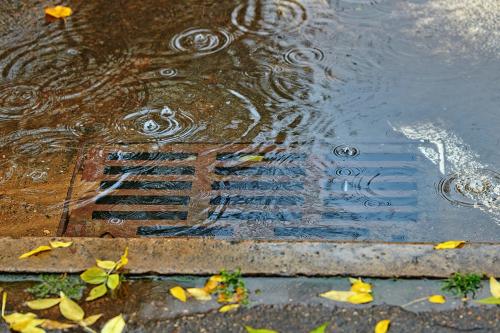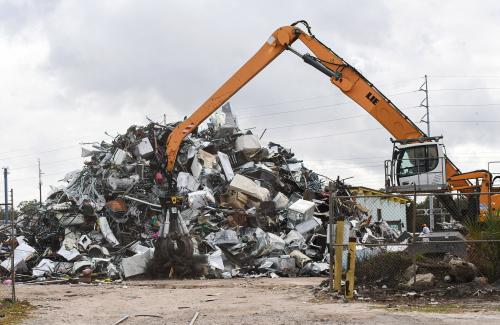Editor’s Note: In this piece, Brookings Senior Fellow and Hamilton Project Director Michael Greenstone discusses the shortcomings of the tools currently used to measure the harm of the the recent oil spill in the Gulf of Mexico. It was featured as one of a collection of opinions in the New York Times that seeks to answer how the full costs of the oil spill can be calculated and how it can be ensured that future damages won’t be borne entirely by the public.
The livelihoods of many people including fishermen, restaurant owners, and hotel workers are being harmed and will continue to be harmed over many years. And, the damage to the wetlands and the birds, sea turtles, dolphins and is only beginning to come into focus.
How can the cost of this damage be calculated? Over several decades of research, economists have developed tools to help answer this problem. But it is important to underscore that these tools may fail to capture many people’s feelings about the spill. They likely fail to quantify the public’s disappointment, grief, and even rage about the spill’s harm to the livelihoods and lifestyles of Gulf Coast residents. And they almost certainly fail to adequately capture the American people’s feeling about the polluted waters, tar balls on beaches, and suffering wildlife.
The easiest category of damages to calculate is those that can readily be connected to an economic activity. One especially powerful approach is to use property markets.
It is reasonable to expect housing prices to decline to reflect restrictions on swimming, reduced opportunities for sport fishing, and less scenic views. In principle, a decline in these qualities will reduce the price of homes, which will capture the damages no matter how long they last.
Damages that are not reflected in property values are more difficult to measure, especially over several years. Fishermen are a good example. It is straightforward to measure their income loss this year. But if fishing is banned for two years, what is the loss in the second year?
It might seem that it should be the loss in fishing income. But this is not correct because some people will inevitably find new jobs (perhaps in new areas of the country). For these folks, the economic loss is the difference between their former income as a fisherman and in their new profession. To make them whole, any expenses associated with switching professions should be added in—including moving costs, licensing fees, tuition for retraining, etc.
The most difficult type of damages to measure is those that are not easily connected to an economic activity. And for many Americans — particularly the majority who live outside of the gulf region — these are the very damages that have created a public outcry. One classic example is the value that people place on knowing that some types of wildlife are healthy and thriving, which economists refer to as non-use values.
Consider the pictures of the brown pelicans coated in oil that many people, including myself, find heartbreaking. How much would they be willing to pay for this not to have happened to the pelicans or other wildlife (even if they have no intention of going to the gulf)?
There is no market-based way to measure this loss, so some economists have turned to surveys that directly ask people how much they would hypothetically be willing to pay.
The appeal of these surveys is that they provide a value to total up damages, but there are many skeptics who argue that such responses are not reliable. This is an active area of research in economics and there has been important progress in recent years.
The damages from the Deepwater Horizon spill will prove to be substantial, of that there is little doubt. While methods do exist for calculating some of the direct economic costs to local economies, the potentially bigger question remains as to how to best measure the broader non-use value of the environment. For the time being, we will have to muddle along with the imperfect techniques that economics has developed.
In the longer run, researchers need to develop better tools. Of course, it would be even better if the absence of future oil spills rendered such tools unnecessary.



Commentary
Op-edWays to Measure Harm
June 16, 2010